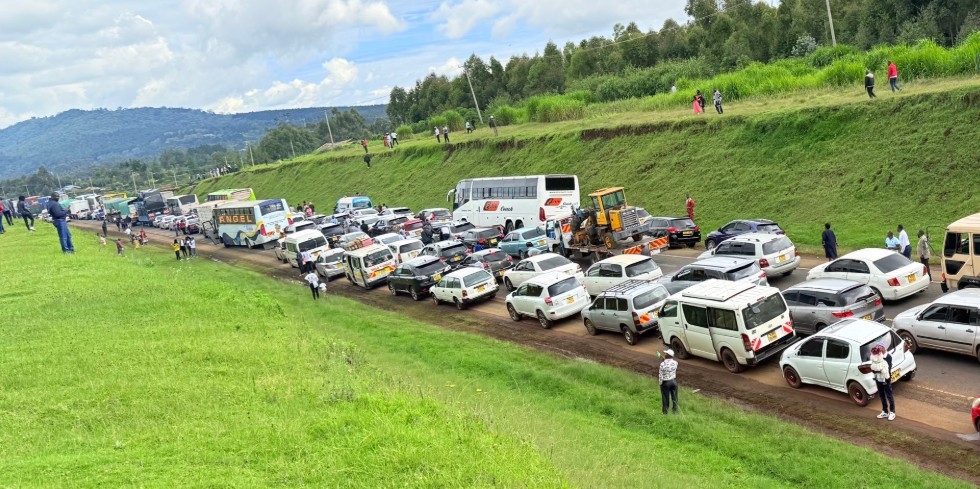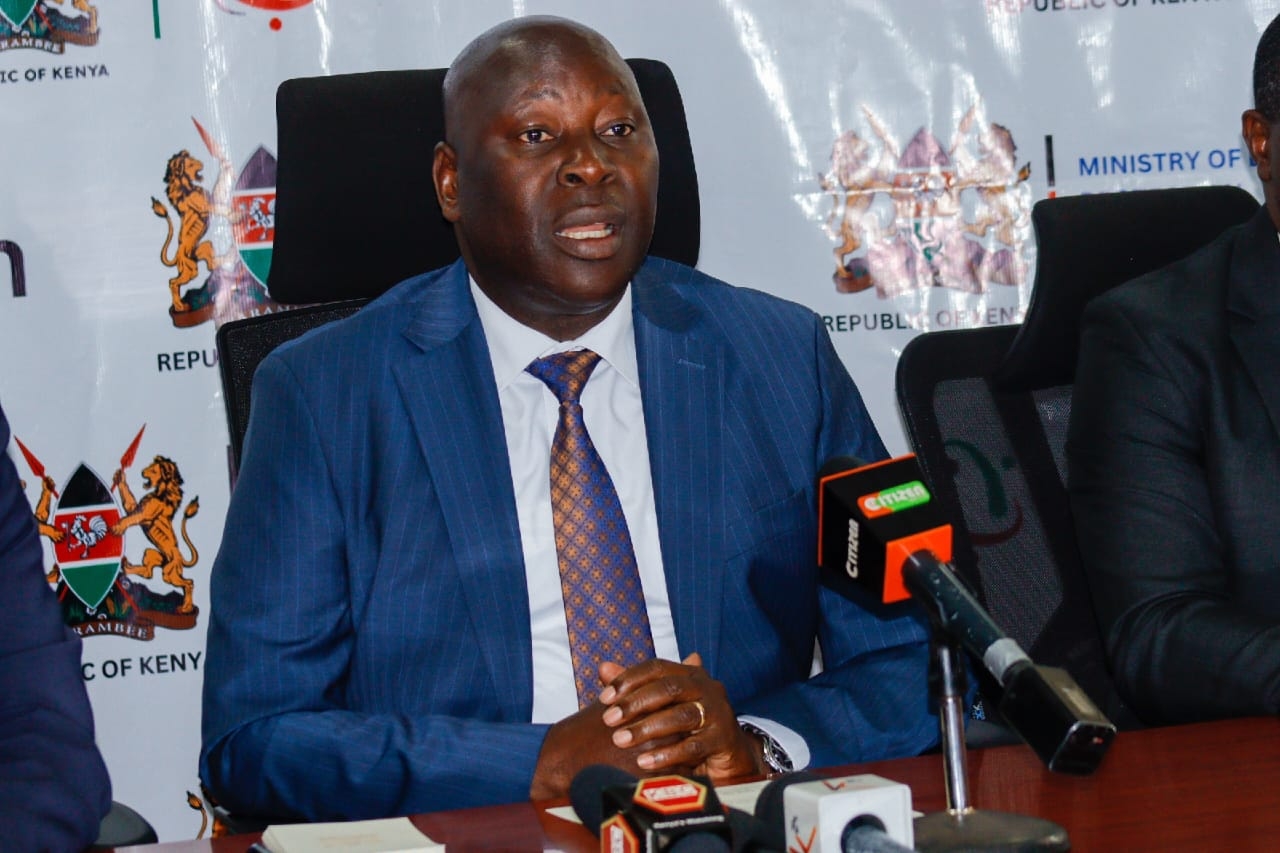Wildlife pastures are under threat from invasive weeds that are spreading at an alarming rate, mainly in wildlife habitats and water bodies.
Wildlife Training and Research Institute director Dr Patrick Omondi said the weeds are choking pastures affecting thousands of wild animals in game parks and sanctuaries.
He said they were working on mechanical, biological and manual ways of removing the weeds.
“In Naivasha wildlife sanctuary, we are removing the invasive weeds manually with the help of the community,” Omondi said.
Some of the weeds affecting the wildlife ecosystem include water hyacinth, lantana camara and prosopis juliflora, popularly known as mathenge tree.
The institute recently launched a one-year national wildlife census to establish the animals populations and their distribution.
Omondi said human-wildlife coexistence has led to the closure of migration corridors and reduced pasture land.
He said as humans population expanded, they encroached on wild animals habitats, leading to increased human-wildlife conflicts.
Omondi, who spoke in Naivasha, said the institute will continue to engage local communities in conservation efforts while recognising their role as stewards of land and wildlife.
On the census, he said gathering accurate data on wildlife distribution will enable them to develop effective measures to address conflicts.
WRTI has developed rigorous scientific methodologies to conduct the census.
“By employing advanced technologies such as satellite imagery, GPS tracking and drone surveys, we aim to achieve a level of precision and detail that is unprecedented,” Omondi said.
WRTI board chairman David Nkedianye said they are developing a national wildlife database.
He said the institute had finalised a national wildlife training agenda aimed at equipping students with the skills and knowledge required to tackle emerging wildlife conservation challenges.












